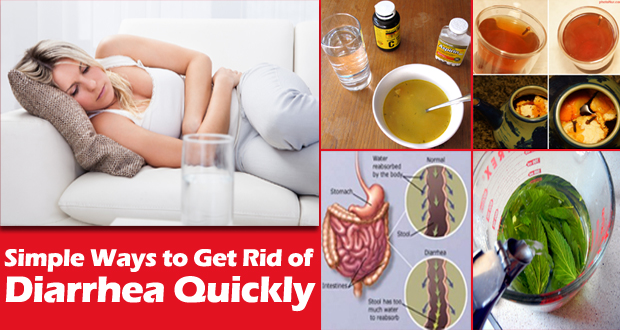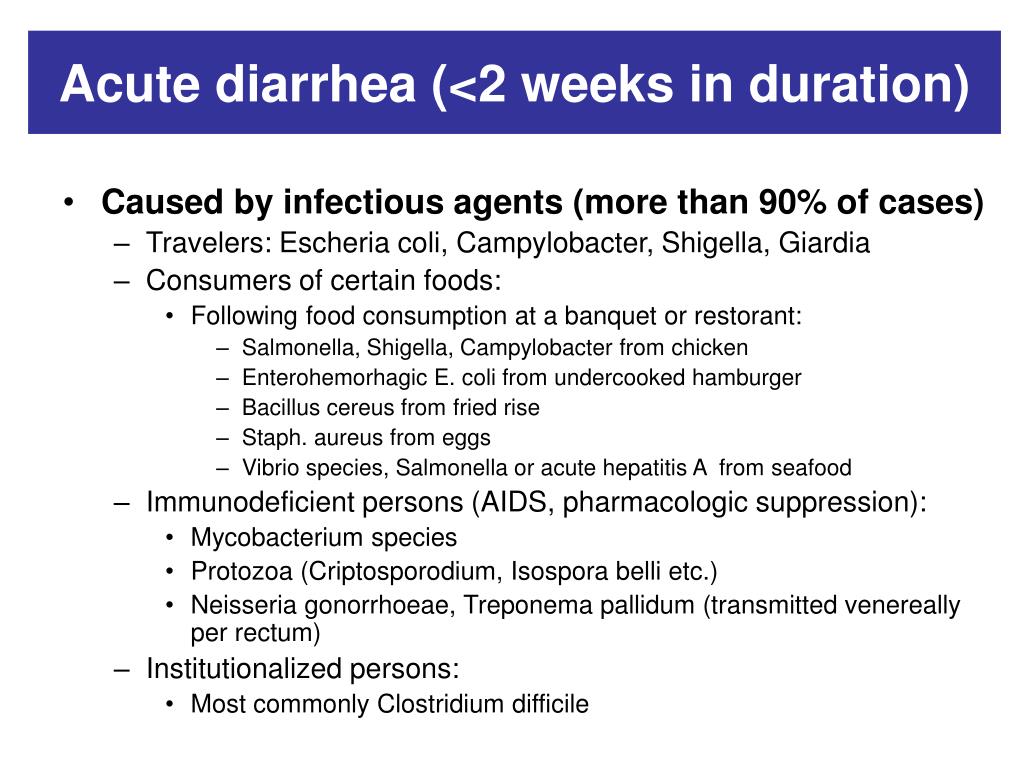

It's best to call your GP or GP out of hours service if you're concerned or feel you need advice. Visiting your GP surgery can put others at risk. You don't normally need to see your GP if you have diarrhoea or vomiting or both as it should get better on its own. is annoying but doesn’t stop you doing things like going to work.you can manage to get up, wash or dress.it’s very hard to move, get out of bed, go to the bathroom, wash or dress.

always there and so bad it’s hard to think or talk.What is a severe headache or stomach ache have a sudden, severe headache or stomach ache.have a stiff neck and pain when looking at bright lights.are vomiting blood or have vomit that looks like ground coffee.When to get urgent medical help (children and adults)Ĭall 999 or go to your nearest emergency department if you or your child: Go to your nearest emergency department if you can't get hold of your GP. have blood in their poo or bleeding from their bottom.still have signs of dehydration despite using oral rehydration sachets.Take your child to your GP urgently or contact GP out of hours serviceif they: When to get immediate medical help for your child have diarrhoea for more than seven daysĬheck with the GP or GP out of hours service before going in – they may suggest a phone check up.

Older than two years and has one or more of the following: One to two years and has one or more of the following: Six to 12 months and has one or more of the following: Three to six months and has one or more of the following: have pooed more than five times in the previous 24 hours.Under three months and has one or more of the following: You should take your child to your GP or contact GP out of hours service if they are: you have a weak immune system – for example, because of medication, cancer treatment or HIV.you have a long-term underlying condition, such as inflammatory bowel disease (IBD), heart valve disease, diabetes or kidney disease.in the last few weeks you've returned from a part of the world with poor sanitation.have bloody diarrhoea or bleeding from your bottom.are dehydrated despite using oral rehydration sachets.vomiting for less than two days, but are unable to keep any fluid down and have symptoms of dehydration.have diarrhoea for more than seven days or vomiting for more than two days.You should speak to a GP or contact GP out of hours service if you: medicine to stop diarrhoea for a few hours (like loperamide) – not suitable for young children.oral rehydration sachets that you mix with water and drink.use a swimming pool until two weeks after the symptoms stopĪ pharmacist can help if you or your child has diarrhoea and vomiting.share towels, flannels, cutlery or utensils.prepare food for other people, if possible.clean toilet seats, flush handles, taps, surfaces and door handles every day.wash dirty clothing and bedding separately on a hot wash.wash your hands with soap and water often.Stay off school or work until the symptoms have stopped for two days.

You're most infectious from when the symptoms start until two days after they've passed. If you have a stomach bug, you could be infectious to others.
#How many days of diarrhea before going to doctor how to#
How to treat diarrhoea and vomiting yourself See ‘when to get medical help’ sections if are concerned about you or your child’s symptoms. They're usually caused by a stomach bug and should pass in a few days. You can have them together or on their own. Diarrhoea and vomiting are common in adults, children and babies.


 0 kommentar(er)
0 kommentar(er)
